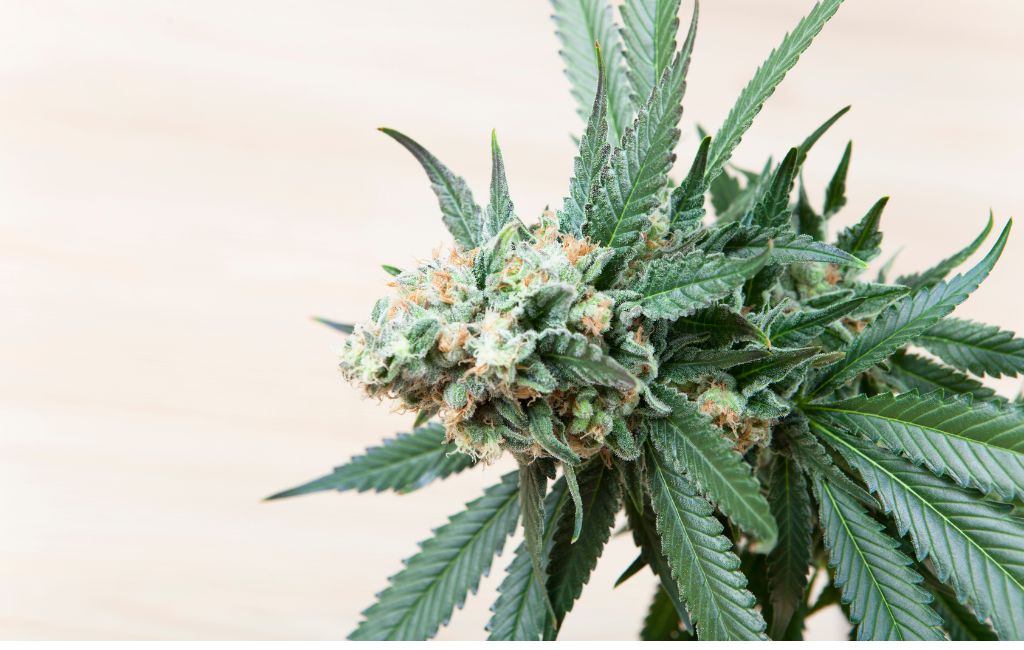THCa Flower: Wellness in Every Bud
In recent years, the cannabis industry has seen a surge in interest surrounding THCa flower. This non-psychoactive compound, found in raw cannabis, offers a range of potential health benefits without the high associated with THC. This article explores the wellness potential of THCa flower, backed by research, examples, and case studies.
Understanding THCa
THCa, or tetrahydrocannabinolic acid, is a cannabinoid found in raw and live cannabis. Unlike THC, THCa does not produce psychoactive effects. When cannabis is heated through smoking, vaping, or cooking, THCa converts to THC, which is responsible for the high. Consuming raw cannabis preserves THCa, allowing users to experience its benefits without psychoactive effects.
Potential Health Benefits
Research suggests that THCa may offer several health benefits:
- Anti-inflammatory Properties: Studies indicate that THCa may help reduce inflammation, making it a potential treatment for conditions like arthritis and lupus.
- Neuroprotective Effects: Preliminary research shows that THCa may protect brain cells, which could be beneficial for neurodegenerative diseases such as Alzheimer’s and Parkinson’s.
- Anti-emetic Benefits: THCa has been found to reduce nausea and vomiting, which can be particularly helpful for patients undergoing chemotherapy.
- Antioxidant Properties: THCa may act as an antioxidant, helping to protect cells from damage caused by free radicals.
Case Studies and Real-World Examples
Several case studies highlight the potential of THCa flower in promoting wellness:
Case Study: Arthritis Relief
A 2018 study published in the “Journal of Pain Research” examined the effects of THCa on patients with arthritis. Participants reported significant reductions in pain and inflammation after incorporating THCa into their treatment regimen. This suggests that THCa could be a valuable addition to traditional arthritis treatments.
Case Study: Neuroprotection
In a 2020 study, researchers explored the neuroprotective effects of THCa on mice with induced neurodegeneration. The results showed that THCa helped to preserve cognitive function and reduce brain cell damage. These findings provide a promising outlook for THCa as a potential treatment for neurodegenerative diseases.
How to Use THCa Flower
There are several ways to incorporate THCa flower into your wellness routine:
- Juicing: One of the most popular methods is juicing raw cannabis leaves and buds. This preserves the THCa content and allows for easy consumption.
- Smoothies: Adding raw cannabis to smoothies is another way to enjoy the benefits of THCa without the psychoactive effects.
- Topicals: THCa-infused topicals can be applied directly to the skin to target localized pain and inflammation.
- Tinctures: THCa tinctures offer a convenient way to dose and can be added to food or beverages.
Legal Considerations
The legal status of THCa flower varies by region. In some areas, raw cannabis is legal for medical or recreational use, while in others, it remains prohibited. It’s important to research local laws and regulations before purchasing or using THCa flower.
Consumer Tips
When selecting THCa flower, consider the following tips:
- Source Quality: Choose products from reputable growers who use organic farming practices to ensure purity and potency.
- Lab Testing: Look for products that have been lab-tested for cannabinoid content and contaminants.
- Storage: Store THCa flower in a cool, dark place to preserve its potency and prevent degradation.
Conclusion
THCa flower offers a promising avenue for those seeking the therapeutic benefits of cannabis without the psychoactive effects. With its potential anti-inflammatory, neuroprotective, anti-emetic, and antioxidant properties, THCa could become a valuable component of wellness routines. As research continues to uncover the full range of benefits, THCa flower stands out as a compelling option for natural health and wellness.
